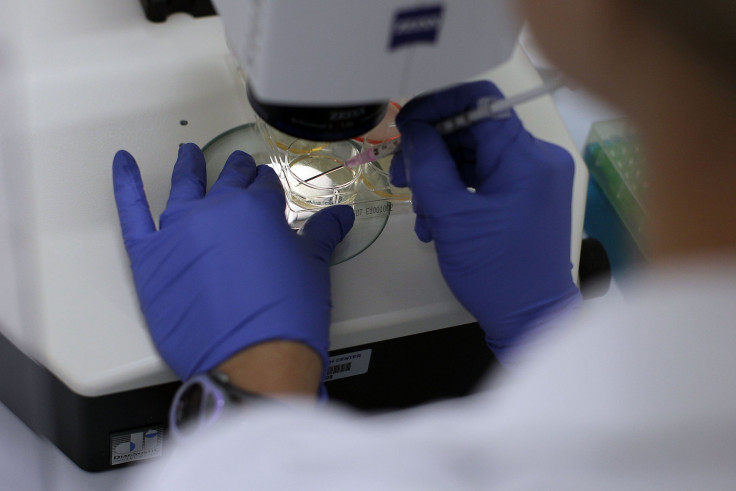Scientists Uncover A New Genetic Disorder That Affects The Brain
KEY POINTS
- The new disease is caused by the non-functional GRIA1 gene
- The gene facilitates movement of electrical impulses inside the brain
- Frog models were used via gene editing to get results
A new genetic disorder that affects children’s brains causing them to grow abnormally and delay intellectual development has been discovered by scientists.
The disorder is new to the genetic world, so new as to not have an official name yet. The affected individuals live a low quality of life and struggle with significant learning ordeals, according to the study published in the American Journal of Human Genetics.
The cause of the disease can be honed in on changes in the protein-coding gene known as Glutamate Ionotropic Receptor AMPA Type Subunit 1 (GRIA1), the study stated. The GRIA1 gene makes the movement of electrical impulses inside the brain possible. Without the functioning gene, the brain’s ability to remember information may be inhibited.
Scientists Discover a New Horrifying Genetic Disease https://t.co/gtqymBm4wq
— SciTechDaily (@SciTechDaily1) July 25, 2022
To prove that GRIA1 mutations are the underlying cause of the behavior-altering disease, the study team used tadpole models in which the human gene variations were replicated through gene editing.
“Next generation DNA sequencing is transforming our ability to make new diagnoses and discover new genetic causes of rare disorders,” said study co-author Professor Matt Guille.
“The main bottleneck in providing diagnoses for these patients is linking a change discovered in their genome firmly to their disease. Making the suspect genetic change in tadpoles allows us to test whether it causes the same illness in humans,” Guille, who leads a laboratory in the Epigenetics and Developmental Biology research group at the University of Portsmouth, continued.
Another co-author of the study, Dr. Annie Goodwin - a Research Fellow at the University of Portsmouth - said: “This was a transformational piece of work for us; the ability to analyze human-like behaviors in tadpoles with sufficient accuracy to detect genetic disease-linked changes opens the opportunity to help identify a huge range of diseases. This is particularly important given that so many neurodevelopmental diseases are currently undiagnosed.”
The researchers said that one in 17 people will be afflicted by a rare disease in their life span. The majority of these diseases are because of a genetic disorder, often affecting children, but proving which particular gene change causes that disease is a tall order.
With the results of this study, doctors will be able to provide more timely and accurate diagnoses that patients and their families are in great need of.

© Copyright IBTimes 2024. All rights reserved.





















